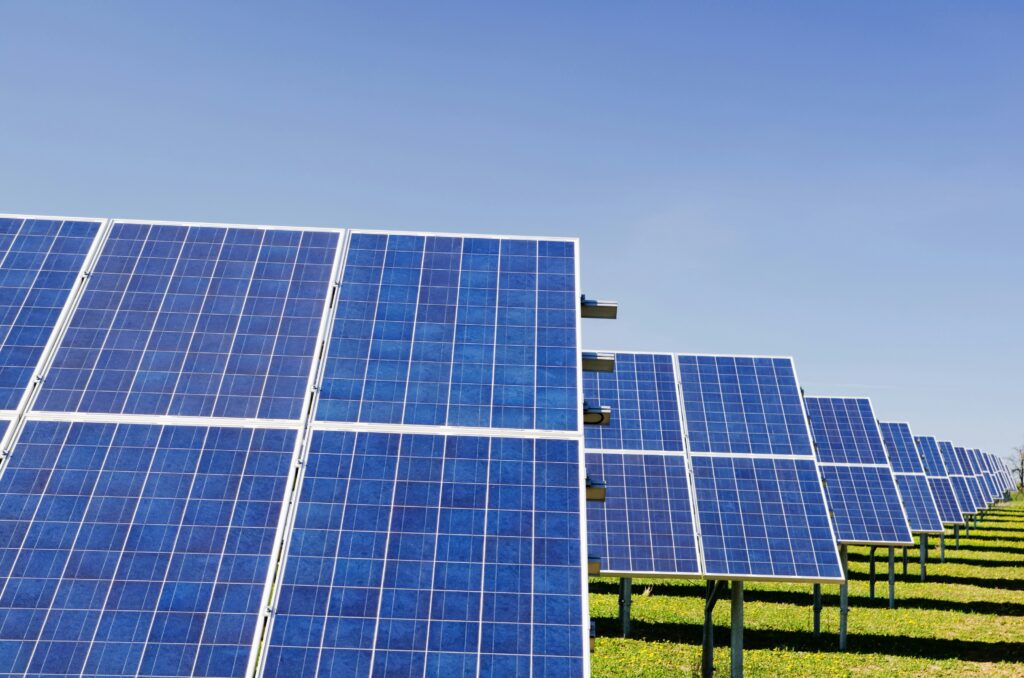
It’s become clear that, because of unprecedented environmental challenges and a growing awareness of the urgent need for action, embracing the energy evolution has become imperative. The transition towards renewable sources and sustainable practices is not just a trend but a fundamental shift towards securing a brighter future for generations to come. It’s important to consider fostering a culture of innovation, collaboration, and conscious decision-making, so that individuals and communities can play a pivotal role in driving meaningful change on a global scale.
Understanding the Energy Landscape
Fossil fuels, while historically dominant, are finite resources with detrimental environmental consequences, including air and water pollution, habitat destruction, and climate change. Recognizing these challenges prompts us to explore alternative sources such as solar panel installation, wind, hydroelectric, and geothermal power, which offer clean, renewable, and sustainable solutions.
Embracing Renewable Energy Technologies
The advancement of renewable technologies presents unprecedented opportunities to revolutionize the way we generate and consume energy. Solar panels, for example, harness the power of sunlight to create electricity, offering homeowners and businesses a decentralized and eco-friendly solution. Similarly, wind turbines utilize the wind to produce electricity, providing a scalable and low-impact alternative to traditional fossil fuel-based power generation.
Fostering Innovation and Collaboration
Governments, businesses, academia, and civil society must collaborate to accelerate the adoption of renewable technologies, implement supportive policies and regulations, and invest in research and development. With the act of fostering innovation and collaboration across sectors, we can overcome barriers to renewable deployment, drive down costs, and unlock new opportunities for sustainable growth and development.
Promoting Energy Efficiency and Conservation
In addition to embracing renewable sources, promoting efficiency and conservation is essential for optimizing use and minimizing waste. Energy-efficient appliances, lighting systems, and building designs can significantly reduce energy consumption and operating costs while enhancing comfort and productivity. Moreover, adopting simple yet effective conservation practices, such as turning off lights when not in use, unplugging electronic devices, and insulating homes, can further reduce our environmental footprint and contribute to a more sustainable future.
Educating and Empowering Communities
Central to the energy evolution is the education and empowerment of communities to make informed decisions and take meaningful action towards sustainability. Raising awareness about the benefits of renewable sources will lead to sharing best practices for conservation, and providing access to resources and incentives. Then, we can inspire individuals and communities to embrace the transition and become catalysts for change in their own right.
Investing in Solar Power Installation
While renewable energy sources like solar and wind offer abundant power, their intermittent nature poses challenges for grid stability and reliability. Investing in storage solutions, such as batteries and pumped hydro storage, can address this issue by storing excess energy during times of high production and releasing it when demand is high or renewable generation is low.
Transitioning to Electric Transportation
The transportation sector is a significant contributor to greenhouse gas emissions and air pollution, primarily through the combustion of fossil fuels in vehicles. Transitioning to electric transportation powered by renewable energy offers a promising solution to mitigate these environmental impacts. Electric vehicles (EVs) produce zero tailpipe emissions and are more efficient than their internal combustion engine counterparts.
Empowering Indigenous and Marginalized Communities
In the transition towards renewable energy, it is crucial to ensure that marginalized and Indigenous communities are not left behind but are instead empowered to participate in and benefit of natural power. These communities often bear a disproportionate burden of environmental degradation and lack access to clean, affordable resources. Empowering Indigenous and marginalized communities to lead their transitions not only enhances resilience but also enriches the diversity and sustainability of our systems.
The Future of Energy Leads to Solar Panel Installation
Embracing the energy evolution is not just a matter of necessity but an opportunity to shape a more sustainable, equitable, and resilient future for all. By understanding the landscape, embracing renewable technologies, fostering innovation and collaboration, promoting efficiency and conservation, and educating and empowering communities, we can pioneer change and create a world powered by clean, renewable sources. Together, let us embark on this transformative journey towards a brighter tomorrow.




